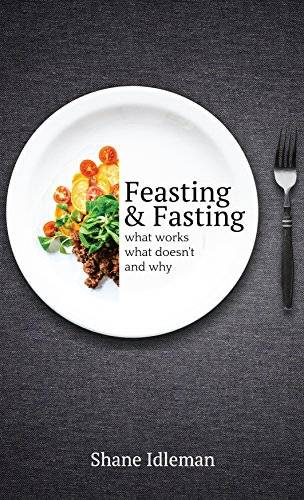

Feasting and Fasting - What Works, What Doesn’t, and Why
by Shane Idleman
Through fasting, the body becomes a servant instead of a master. When Jesus directs us to do something, the outcome is always beneficial, both spiritually and physically. He said, “when you fast” (Matthew 6:16). Scripture doesn’t say, “When you sin and if you fast,” but rather, “If you sin and when you fast.” The obvious goal and benefit of fasting is spiritual, but the physical benefits as well. Can you pray and seek God better with a headache, tight pants, and a sluggish, lethargic body strung out on your favorite addictive substance? Of course not. But keep in mind that fasting is not about self reliance but reliance on God. However, when the flesh is restrained, anxiety, fear, unbelief, doubt, lust, jealousy, bitterness, and anger are also minimized.
What you put in your mouth (body) and the mind (soul) affects the spirit—and when you feed the spirit, it affects the body and the soul. I’m often asked to pray for panic attacks, angry outbursts, and anxiety. That can be done, and God honors prayer, but are we opening the door by not halting highly addictive caffeine, sugar, opioid, or nicotine habits. Are we renewing our mind by meditating on the Word and spending time in prayer? The physical affects the spiritual, and vice versa. We also know that many emotions such as anger, bitterness, and jealousy are toxic to the body.
What you put in your mouth (body) and the mind (soul) affects the spirit—and when you feed the spirit, it affects the body and the soul. I’m often asked to pray for panic attacks, angry outbursts, and anxiety. That can be done, and God honors prayer, but are we opening the door by not halting highly addictive caffeine, sugar, opioid, or nicotine habits. Are we renewing our mind by meditating on the Word and spending time in prayer? The physical affects the spiritual, and vice versa. We also know that many emotions such as anger, bitterness, and jealousy are toxic to the body.

